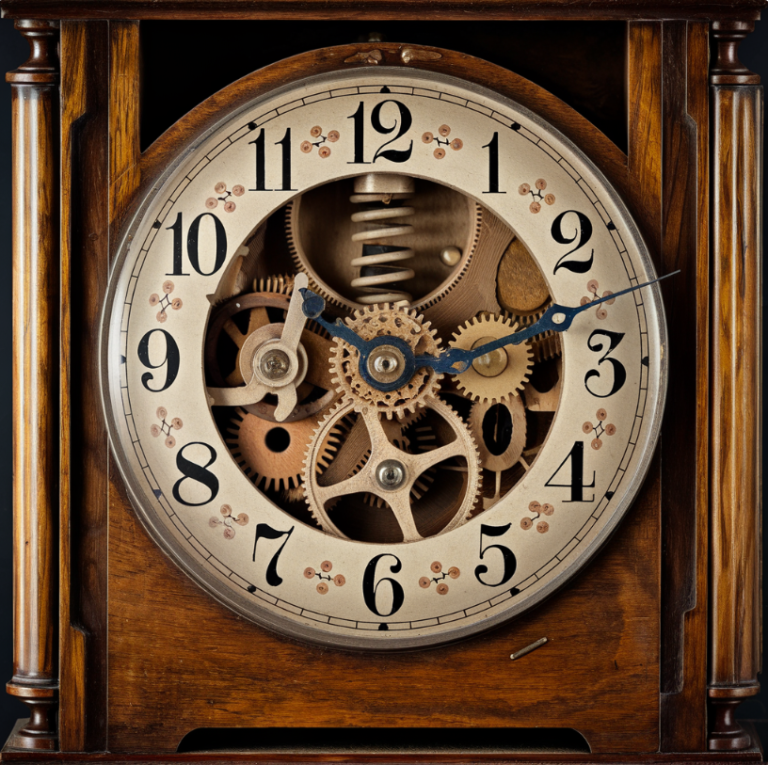Clocks are not only time-telling gadgets. They are objects that people value and use to give individuality and utility to their homes. If a clock starts to tick and then starts to slow down, then it becomes more than just an annoyance, it becomes a problem. If you can detect the signs early enough, you will be in a position not to have to go for major repairs or even damages that cannot be repaired. Below are five symptoms that your clock may need repair.
The Clock Isn’t Keeping Accurate Time
The first thing you will notice when your clock is not well maintained is when it loses time and is not accurate. If you are compelled to shift the clock forward and backward, this should be an indication that something is not right. In mechanical clocks, it may be a gear issue or an issue with the escapement mechanism. In digital clocks, it could be a problem with the internal wiring or the battery of the clock.
The Hands Are Sticking or Moving Erratically
Another sign that you should consult a clock repair specialist is when the hands of the clock begin moving irregularly. If you find that the minute or the hour hand is stuck at some particular position or if the movement of the hand is irregular, then it is a sign. This may signify that the gears or some other internal parts of the device are not working as they should. At times, the hands may intertwine or come to a complete halt in their movement.
Unusual Noises
An ideal clock is almost silent and should make a ticking sound. If you hear any abnormal sounds from your clock, including clicking or grinding, or if the ticking sound becomes louder than usual, then it is high time you seek help. These sounds usually indicate that the gears or other parts that move are out of sync or are restricted in some way. Other causes of such sounds include debris, dust, or lack of lubrication on the machines’ parts. Any unusual noise that is produced by your clock should be taken to a technician for repair to avoid worsening the situation.
The Clock Is Stopped or Runs Only Intermittently
A clock that does not run at all or runs only occasionally is obviously in need of repair. This can be quite irritating as it makes the clock not be of much help when telling time. If you discover that the clock ceases to work after some time or needs to be wound often, then it may be an indication that there is something wrong with the power supply or other parts of the clock. For battery-operated clocks, the problem could be a dead battery, or the battery might require replacement, but if this does not work, then the mechanism might require a check. Mechanical clocks may have problems related to the mainspring or some other parts that must be checked.
You Notice Physical Damage
There are times when a clock is damaged physically, and this will tell you that it needs to be repaired. Scratches on the glass, dents on the casing, or any other form of damage to the exterior part of the clock can impact the interior part of the clock. This is the case even though even slight vibrations or contact with extreme conditions can cause a lot of issues. If there is any physical damage, then it should be dealt with as soon as possible. If the clocks are damaged, then the parts may be out of alignment, or the accuracy of the clocks may be affected.
Conclusion
A clock is not only an object that helps to tell time but it has its emotional value. If your clock starts to develop some problems, fixing them on time will help to avoid the worsening of the situation and will allow the clock to be useful. You can take the necessary measures to repair the clock.
